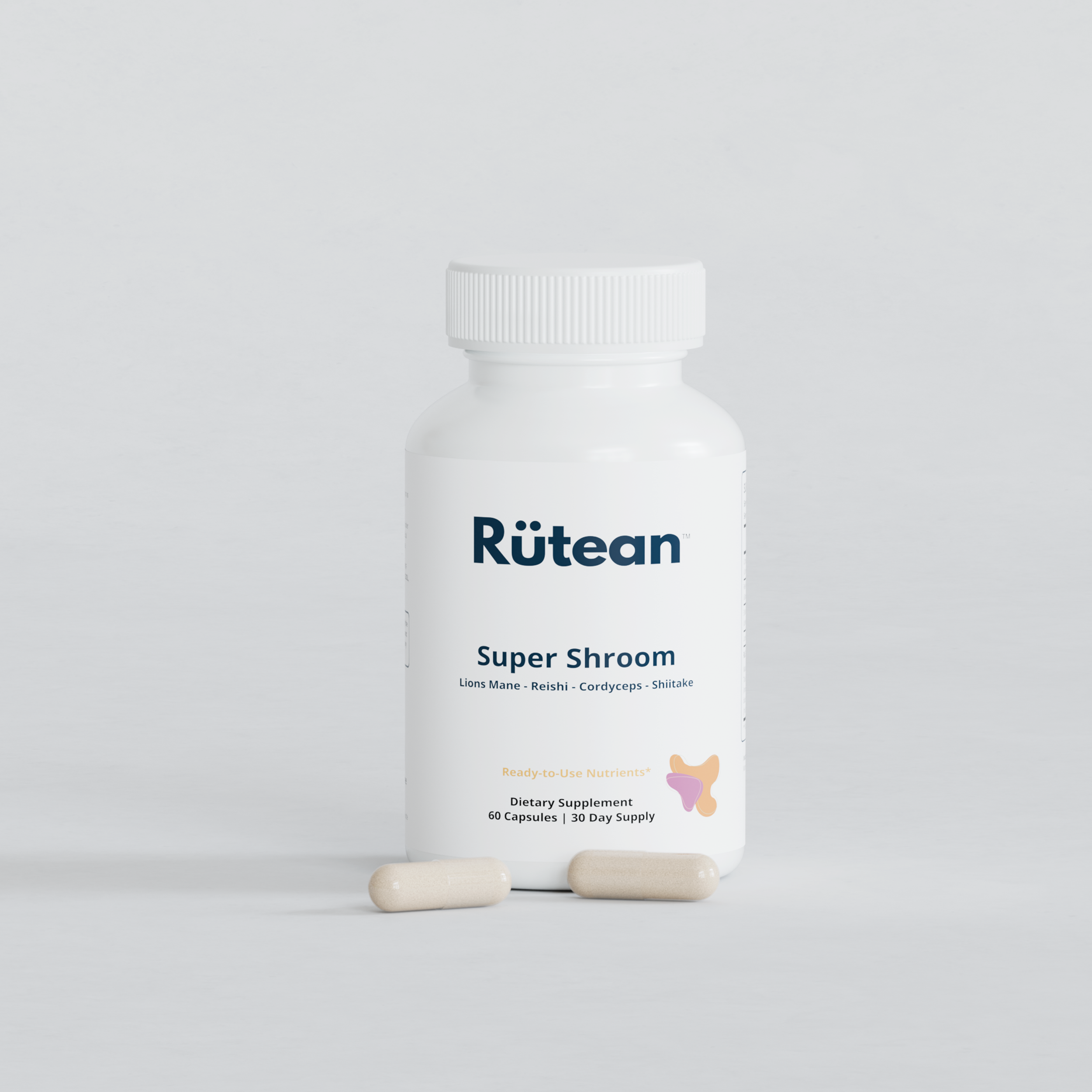Magnesium is often associated with its ability to relieve muscle cramps in athletes. However, its importance extends far beyond this simple function. As a crucial mineral and cofactor in over 600 enzymatic reactions, magnesium is vital for protein synthesis, immune function, muscle and nerve operations, and the regulation of blood glucose and blood pressure. It also plays a significant role in energy production processes such as oxidative phosphorylation and glycolysis.
Magnesium and Muscle Function
Studies show a positive relationship between magnesium levels and enhanced muscle performance, essential for success in a wide range of sports. Key performance metrics influenced by magnesium include:
- Grip strength as an indicator of muscular endurance and overall strength
- Lower-leg power
- Knee and ankle extension strength, crucial for balance and stability
- Core strength through maximal isometric trunk flexion
- Dynamic abilities such as rotation and jumping performance
Exercise not only regulates magnesium distribution within the body but also enhances its utilization during energy production. This makes magnesium particularly important for maintaining strength and cardiorespiratory functions during physical activities.
Challenges of Magnesium Deficiency in Athletes
Research shows that even slight deficiencies in magnesium can significantly impact an athlete's performance by impairing physiological functions critical to their success. When athletes suffer from magnesium deficiency, they may experience increased oxidative stress during physical exertion. This condition results from an imbalance between the production of reactive oxygen species (free radicals) and the body's ability to detoxify these harmful effects through neutralization by antioxidants, where magnesium plays a protective role. Enhanced oxidative stress can lead to cellular damage and inflammation, affecting muscle function and recovery time, thereby compromising overall performance.
Moreover, magnesium deficiency can significantly impact the recovery processes necessary after muscle or brain injuries. Adequate magnesium levels are essential for controlling inflammation, managing pain perception, and facilitating recovery of nervous system functions. A lack of sufficient magnesium may lead to prolonged recovery periods, increased susceptibility to further injury, and an overall decrease in athletic performance.
Athletes, particularly those in strength-based sports, might notice diminished performance capabilities, as magnesium is crucial for energy production and efficient muscle contraction and relaxation. A magnesium deficiency can manifest as reduced power output, faster onset of fatigue, and increased muscle cramps and stiffness. These symptoms not only affect performance but also the athlete's ability to train effectively.
Given these challenges, it is essential for athletes to monitor their magnesium levels closely and adjust their intake accordingly, especially during periods of high physical stress. Ensuring adequate magnesium levels through diet and supplementation can help mitigate these risks, supporting optimal muscle function, reducing oxidative stress, and enhancing recovery processes. This proactive approach is crucial for athletes aiming to maintain peak condition and prevent the long-term consequences of magnesium deficiency.
Integrating Magnesium Into The Athlete Diet
The dietary needs of athletes, particularly concerning magnesium intake, often exceed those of less active individuals due to the increased depletion of magnesium through sweat and urine associated with intense physical activities. While the Recommended Dietary Allowance suggests 400-420 mg for men and 310-320 mg for women, these benchmarks might be insufficient for athletes who engage in rigorous training regimes.
To optimize health and performance, athletes should prioritize a diet that naturally incorporates high levels of magnesium. Foods rich in magnesium not only support the basic nutritional needs but also enhance metabolic pathways that are crucial during high-intensity training and competitions. Key dietary sources of magnesium include legumes such as black beans and lentils, nuts like almonds and cashews, seeds such as pumpkin and chia, ample servings of dark leafy greens like spinach and kale, and whole grains including quinoa and brown rice. These foods provide a foundation for maintaining magnesium levels, critical for muscle function and energy production.
In addition to natural food sources, athletes can benefit from integrating magnesium supplements into their regimen, especially when dietary intake may not meet their elevated needs due to rigorous training schedules. Supplements such as Rütean Glyci-Greatness, which delivers 275 mg of highly absorbable magnesium per serving, can be a valuable addition. This form of magnesium is less likely to cause gastrointestinal discomfort and is more readily utilized by the body, making it ideal for athletes who require consistent and efficient magnesium replenishment. Incorporating such supplements can aid in relaxation, reduce stress and inflammation, and promote recovery by replenishing magnesium depleted during intense physical activity. This strategic integration of both dietary sources and supplements ensures that athletes maintain optimal magnesium levels, supporting overall health, peak muscular performance, and rapid recovery, which are essential for athletic longevity and success.





